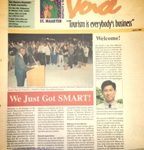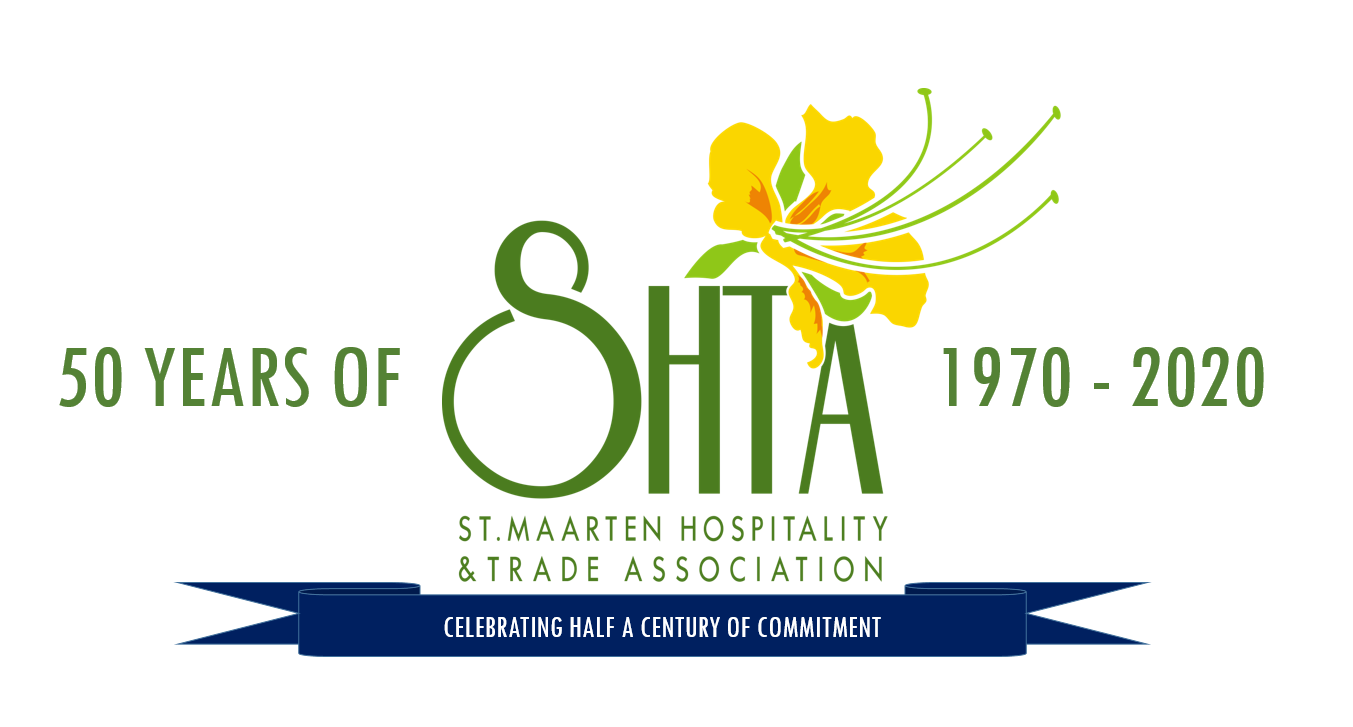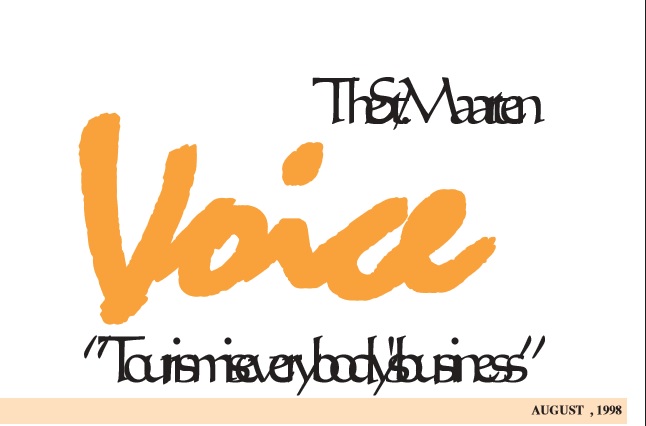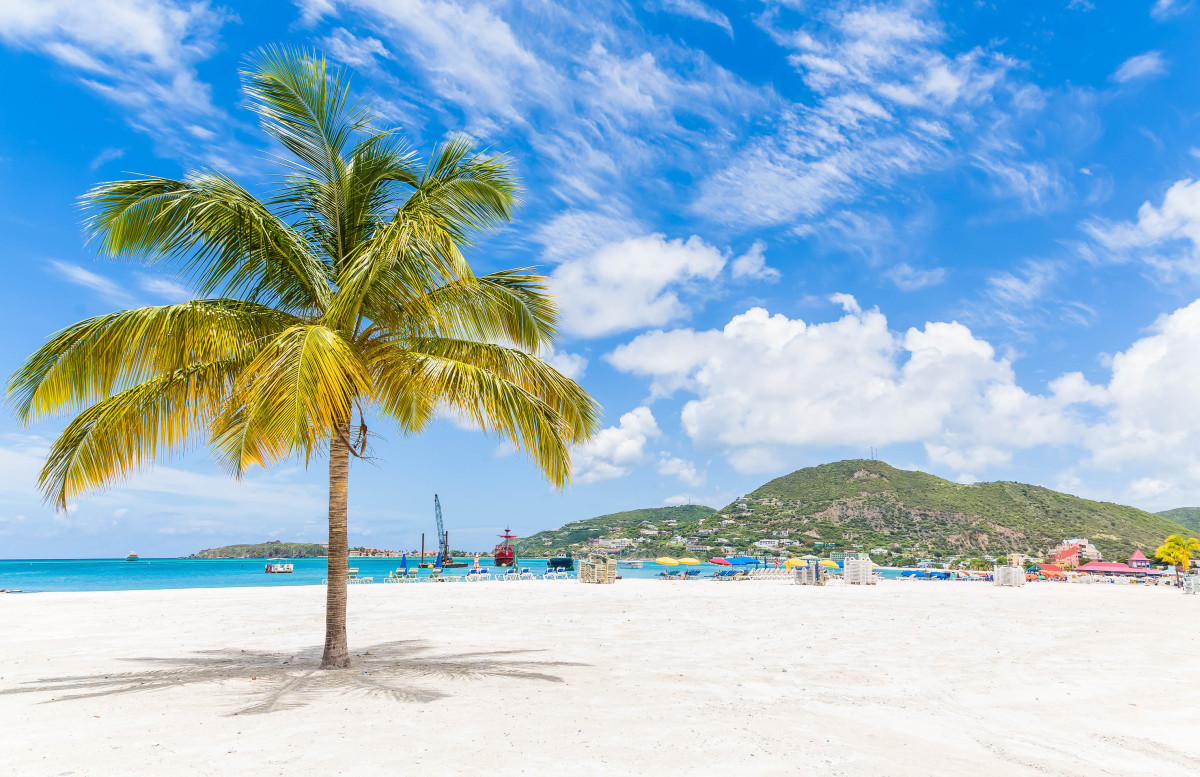 The SHTA starts publishing a monthly newspaper, The St. Maarten Voice. Approximately 5,500 copies are distributed each month free of charge.
The SHTA starts publishing a monthly newspaper, The St. Maarten Voice. Approximately 5,500 copies are distributed each month free of charge.
SHTA challenged the present structure of license fees, which SHTA feels should be collected as retributions, not levied as taxes. In particular SHTA filed a notice of objection over increased restaurant license fees on behalf of over 20 members of its Restaurant Division.
The Association was forced to forward the matter to the Appeals Court for tax-related matters. The first proposal for the development of a St. Maarten Tourism Statistical Information System (TSIS) was presented to government and SHTA. SHTA filed a notice of objection for over 20 members of its Hotel Division who were confronted with a retroactive 5% room tax assessment over service charge and other room tax-related changes under a new interpretation of an existing Island Ordinance Room Tax.
SHTA’s subsequent negotiations with the Inspectorate of Taxes and the Executive Council resulted in the retroactive assessment being waived.
The Educational Committee hosted the Cornell University Course, launched the SVH Apprenticeship master program for cooks and restaurant hosts, and launched the Welcome Tourist program for all 6th grade students, and the Career Fair Day at the Sundial School.
The District Improvement Team (DIT) was created in 1998. The DIT board of directors is comprised of members from the public and private sector, including the SHTA. The DIT works towards structural improvements, which also involve solutions for waste problems, beautification, etc.
The SHTA hosted a mini-conference on the subject of the development of a Thermoselect garbage processing plant to answer many of the community’s questions about health and environment.
SHTA made NAF 20,000 available through the Environmental Fund for the Netherlands Antilles (MINA) to fund the “Green Hotel Room” pilot project. SHTA made CHA Environmental Toolkits available to hotel managers that listed environmentally safe products and services.


